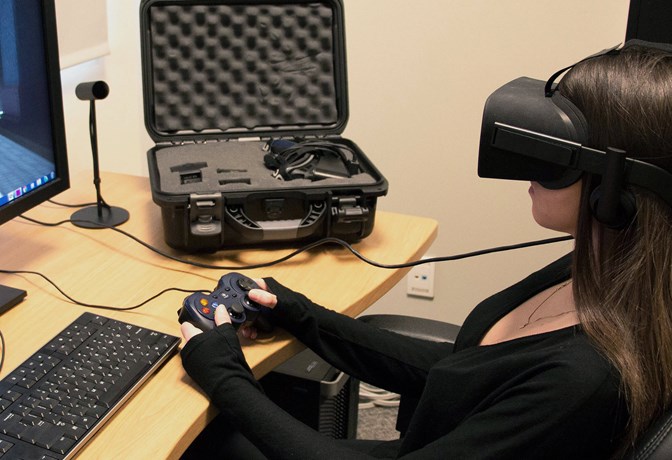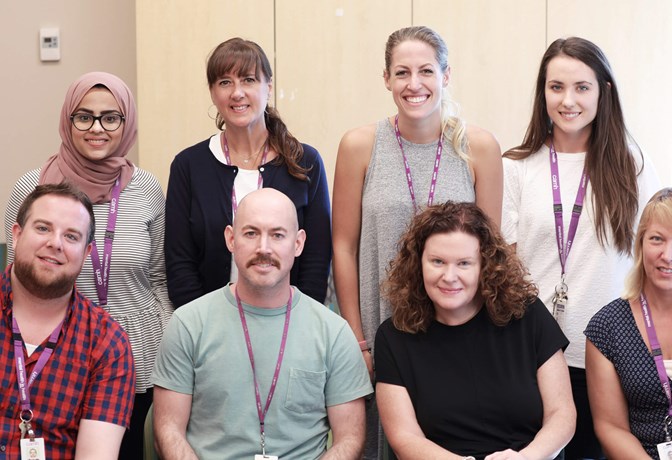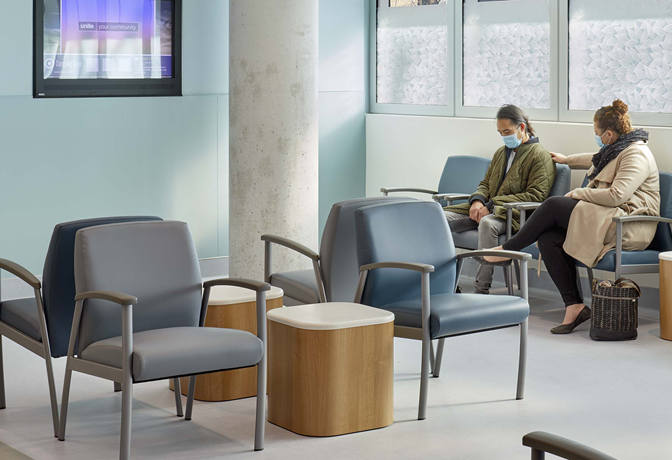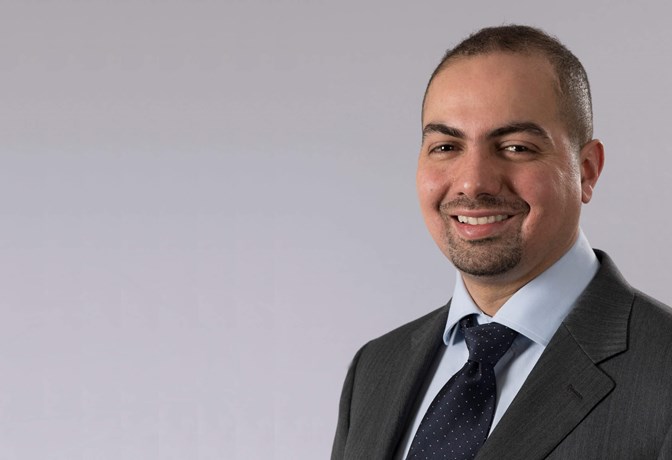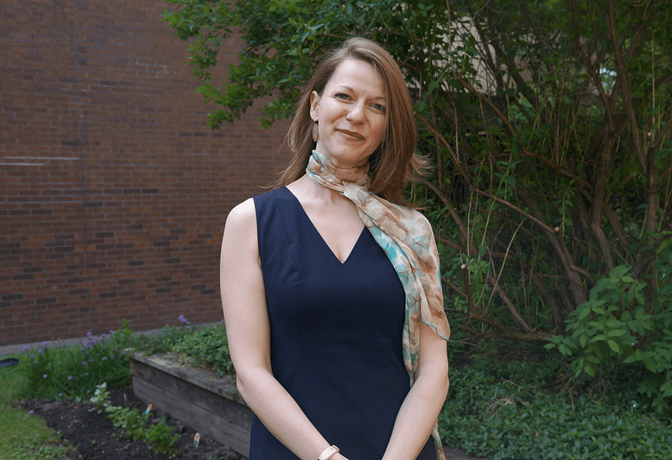“That was the first time I saw myself through someone else’s eyes. That was the first time I saw myself as someone with a problem that needed to be addressed.”
They kept talking. They became a couple. He reminded her of life before addiction, a version of herself she had lost touch with. He was a reflection of the past, she says, which made her want to confront her addiction.
“I didn’t know I was getting sober at that moment. I thought I was just taking a step back to reevaluate things. I never reached out for help before because I've always felt very much like a black sheep and I was too ashamed of what my family might think. Stigma and the perception of others completely ruled my life. I consider myself incredibly lucky because that was four and a half years ago and I have been sober ever since.”
But that’s not the whole story. When it comes to addiction, it rarely is. Turns out it was not just untreated substance use disorder she was dealing with through those teenage years. She also had an undiagnosed mental illness.
It was only when she was formally diagnosed with Borderline Personality Disorder (BPD) and started receiving treatment did she come to understand that her mental illness was not just co-existing with her addiction, it was intertwined with it.
“My BPD was fueling my addiction and my addiction was fueling my BPD, and the only way out was to confront them both head on, no matter how painful that was.”
And that yearning to do something meaningful with her life that brought her to tears as a little girl? She is doing that now.
“Ever since I was a little kid, and even during my addiction, helping other people gave purpose and meaning to my life. When I applied to university (Bachelor Honours Degree), I was still actively using and the only thing I really cared about was mental health and how people got to the dark place I was at. I wanted to understand people who are struggling like I was. That passion is what got me through.”
Today, that passion drives her work at CAMH, where she is now employed as a Youth Engagement Specialist.
“I always feared that when I grew up and got a job, I would have to hide my whole past of addiction and Borderline Personality Disorder and that whole side of my life. I hoped for a job where my lived experience was valuable. I have that here. To me, CAMH is the biggest beacon of hope.”








